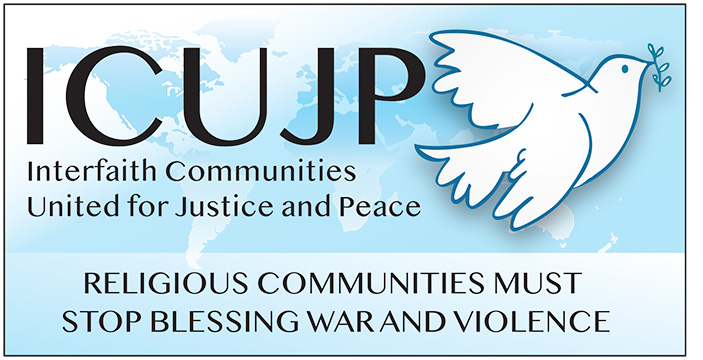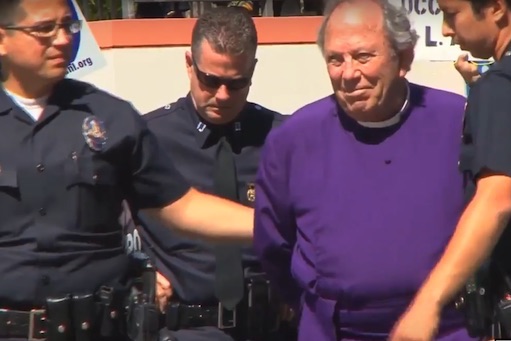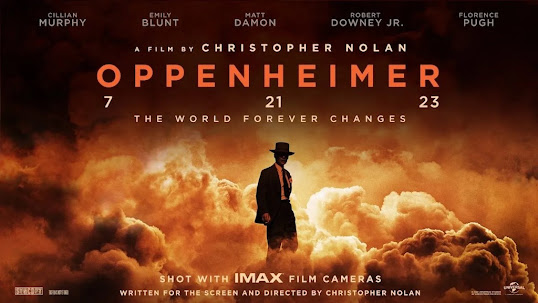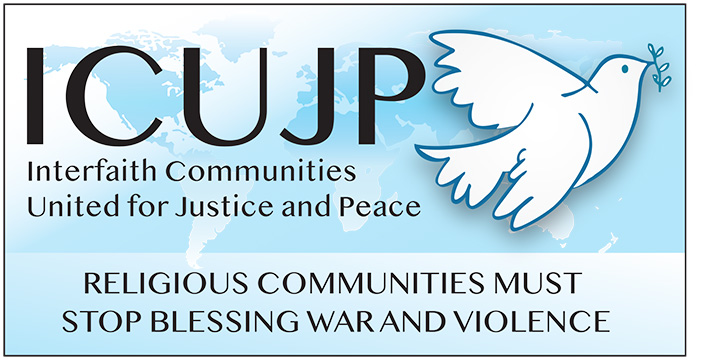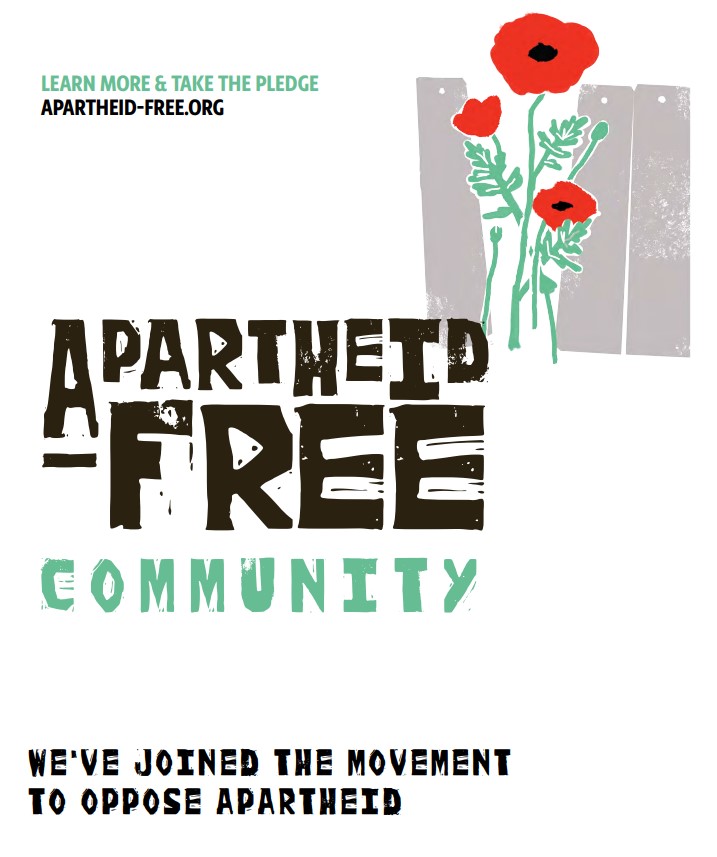As many of you know, I’ve just returned from a fabulous three-week trip to Greece with my sister, my cousins, and two dear friends from Pasadena who are African American and wanted to have a genuine Greek experience. We not only saw the amazing sites—Delphi, Olympia, Meteora, the Acropolis, Patmos, Ephesus, Rhodes, and much more--we also spent a weekend on Andros, the island where my Dad was born, went to the church where he was baptized and hung out with my delightful Greek relatives. We experience Greek hospitality at its finest. This was my fourth trip to Greece, and each time I go, I love Greece and the Greek people more and more.
What I’d like to reflect on today is the Greek attitude
towards war and peace. Like most people of their time, the ancient Greeks were
a warrior as well as a trading culture. Even Socrates was a war hero. Their
national epic, the Iliad and the Odyssey, is all about a ten-year war between
the Greeks and the Trojans that didn’t end well for either side.
The Greeks honored warriors, but did they glorify war? Just as World War II was breaking out, French writer Simone Weil wrote a powerful essay about the Iliad that was published by the Quakers as a Pendle Hill pamphlet. Simone Petrement, a friend of Weil, wrote that the essay provided a new perspective for viewing the Iliad. Whereas previously the Iliad had often been regarded as a stirring tale of heroic deeds, after the essay it could be seen as an accurate and compassionate depiction of how both victors and victims are harmed by the use of force.
The
scene in the Iliad that I find most compelling is the one in which Priam, the
King of Troy, goes to the camp of his enemy the Greeks to beg Achilles, the man
who killed his son Hector, to give him his son’s body for a proper burial. During
their painful conversation, Achilles grieves over the death of his best friend
Patrocles, who was murdered by Hector, Priam grieves over the death of his son,
who was murdered by Achilles, and both men weep so loudly they can be heard
throughout the Greek camp. For Homer, and most Greek dramatists, war is tragic.
The ancient Greeks fought many wars, including the war
against Persia that changed the course of history, but they also engaged in
peaceful trade most of the time. One of the high points of my trip was going to
Cnossus, in Crete, the center of the Minoan civilization that flourished from
2000-1400 BC. The Minoans were a peaceful people. Their art focused on
fashionably dressed women and men, not warriors, and depicted bull fights in
which men did not kill bulls but performed acrobatics on their backs. The Minoans
had weapons—beautiful, ornate swords—but were more interested in trade and
making jewelry than in war and piracy. One anthropologist stated that:
"The stark fact is that for the prehistoric Aegean we have no direct
evidence for war and warfare per se.”
Judith Hand, an evolutionary biologist and a friend of the Quakers, wrote a fascinating novel called The Voice of the Goddess depicting the Minoan civilization as peace-loving and matriarchal, until the advent of war-like mainland Greeks. I highly recommend this book for its fascinating depiction of a matriarchal society.
spirit. If the Greek city states were at war, they would cease fighting until the Olympic games ended. So compelling was that Olympic spirit of human excellence and peaceful competition, that it lasted more than 11 centuries, and was reinitiated in 1896 at the modern Olympic Stadium in Athens.
Some
of the best antiwar plays ever written were composed during the later phases
of the devastating war between Athens and Sparta (431–404 BCE) Euripides' The Trojan Women (performed
in 415 BCE) showed the tragic impact of war on women, and Aristophanes' Lysistrata (411
BCE) showed the power of women to end war.
Aristophanes’ comedy depicts a sex strike undertaken by the women of Athens and Sparta to compel men to stop their senseless war-making. It is a bawdy comedy that was very popular during the Vietnam War era. (I highly recommend Sarah Ruden's translation.)
This
work may have influenced the Liberian women who also adopted a sex strike as
one of their tactics to compel their men to come to the peace table.
In
2003 my wife Kathleen and I went on journey in the footsteps of St. Paul with a
boat load of Methodists and other Christians just as the United States was
about to bomb and invade Iraq. I was the lone Quaker in this group of religious
pilgrims. When we took the ferry to Patmos, the island where John had his
revelation, we heard over the loudspeaker that the US had started bombing
Baghdad. Distraught by this news, I burst into tears. A Methodist pastor asked
me, “Are you alright?” I responded, “How can I be alright when my country is
bombing Iraq?”
After
this cruise, Kathleen and I went to Athens and took part in the largest
antiwar demonstration in Europe. Tens of thousands of Greeks marched in
protest, condemning the US for this invasion. Some of their language was so
anti-American it worried Kathleen, so I reassured her. “The Greeks love Americans,
but they don’t like what our government is doing.”
This
outpouring of antiwar sentiment makes me curious about the peace movement in
modern Greece. Unfortunately, I know little about it. Once I learn more, it could
be a topic for another reflection.






